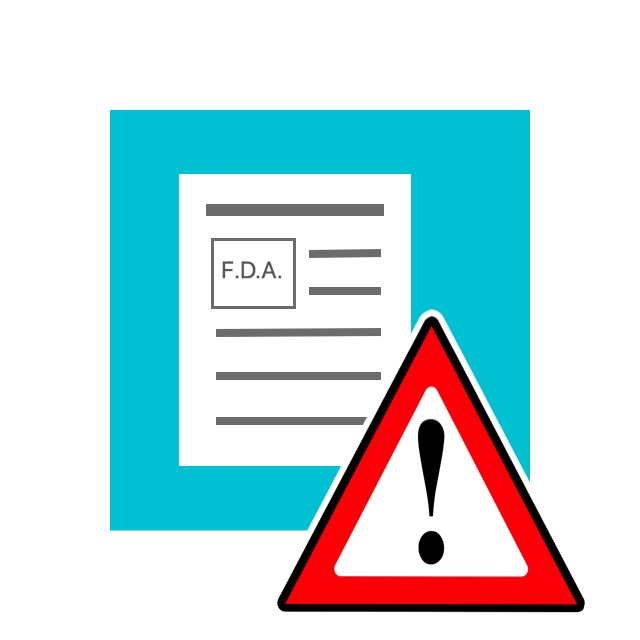
Research first presented at the 2019 AAAAI Annual Meeting finds everyday factors that may increase the risk of allergic reactions to peanut
READ ARTICLE HIDE ARTICLE
San Francisco, CA – Peanut allergies can lead to severe allergic reactions, but everyday factors that may influence an allergic reaction are poorly understood. A new study, first presented at the 2019 Annual Meeting of the American Academy of Allergy, Asthma & Immunology (AAAAI), is trying to change that.
According to preliminary results from the study, funded by the Food Standards Agency (FSA) in the United Kingdom, both exercise and sleep deprivation have a significant impact on the threshold of reactivity in people with peanut allergies. It puts them at a higher risk of having an allergic reaction. Utilizing this data is critical when it comes to allergen risk management.
Chun-Han Chan, PhD, FSA’s Team Leader for Food Allergy Policy said, “The ground-breaking results from our TRACE study confirm anecdotal reports that exercise and lack of sleep can affect the amount of peanut it takes to trigger a reaction in people with peanut allergy. This effect is important to help determine the unsafe levels of allergen in a food and whether a suitable margin of safety has been applied when deriving a reference dose for the allergic population. The findings will give us essential evidence to support precautionary allergen labelling – which means people with a food allergy will know exactly when food poses a real risk, so they can keep safe and have trust in their food.”
On why exercise and sleep deprivation were chosen for this study, first author Shelley Dua, PhD, explained, “In a previous immunotherapy study led by Andrew Clark, PhD, it was observed that there was a loss of tolerance during the maintenance phase if the patients consumed their peanut doses in combination with undertaking a cofactor such as exercise, or if they were sleep deprived. These conditions are easy to recreate, and sleep deprivation can be used as a proxy for stress, which we regard as a common everyday factor in the population.”
Participants in the study underwent three open peanut challenges in random order. In one challenge, exercise followed each dose of peanut while another challenge required sleep deprivation prior to the dose. One challenge included no intervention.
These baseline challenges were performed on 126 peanut-allergic participants. The mean doses triggering symptoms were reduced by 45% for both sleep deprivation and exercise challenges, compared to the challenge with no intervention. This suggests that lack of sleep and exercise significantly increases the risk of an individual allergic to peanuts having an allergic reaction if exposed to the allergen.
This research is in its final stages, with a full manuscript expected to be published this year. Understanding why reactivity thresholds are lowered by these everyday factors is critical so physicians can help patients better manage their food allergies.
Visit
aaaai.org
to learn more about
food allergies
. Research presented at the AAAAI Annual Meeting, February 22-25 in San Francisco, California, is published in an
online supplement to The Journal of Allergy and Clinical Immunology.
You can also find more about the work of the Food Standards Agency in the United Kingdom at:
https://www.food.gov.uk/about-us/who-we-are
.
The American Academy of Allergy, Asthma & Immunology (AAAAI) represents allergists, asthma specialists, clinical immunologists, allied health professionals and others with a special interest in the research and treatment of allergic and immunologic diseases. Established in 1943, the AAAAI has nearly 7,000 members in the United States, Canada and 72 other countries. The
AAAAI’s Find an Allergist/Immunologist
service is a trusted resource to help you find a specialist close to home.
Additional Information
Learn More from AAAAI





